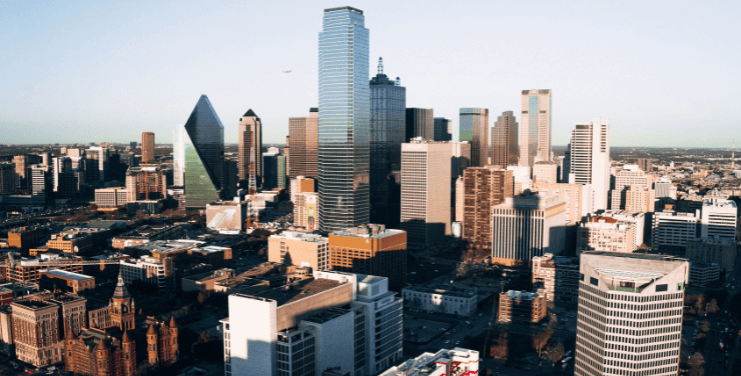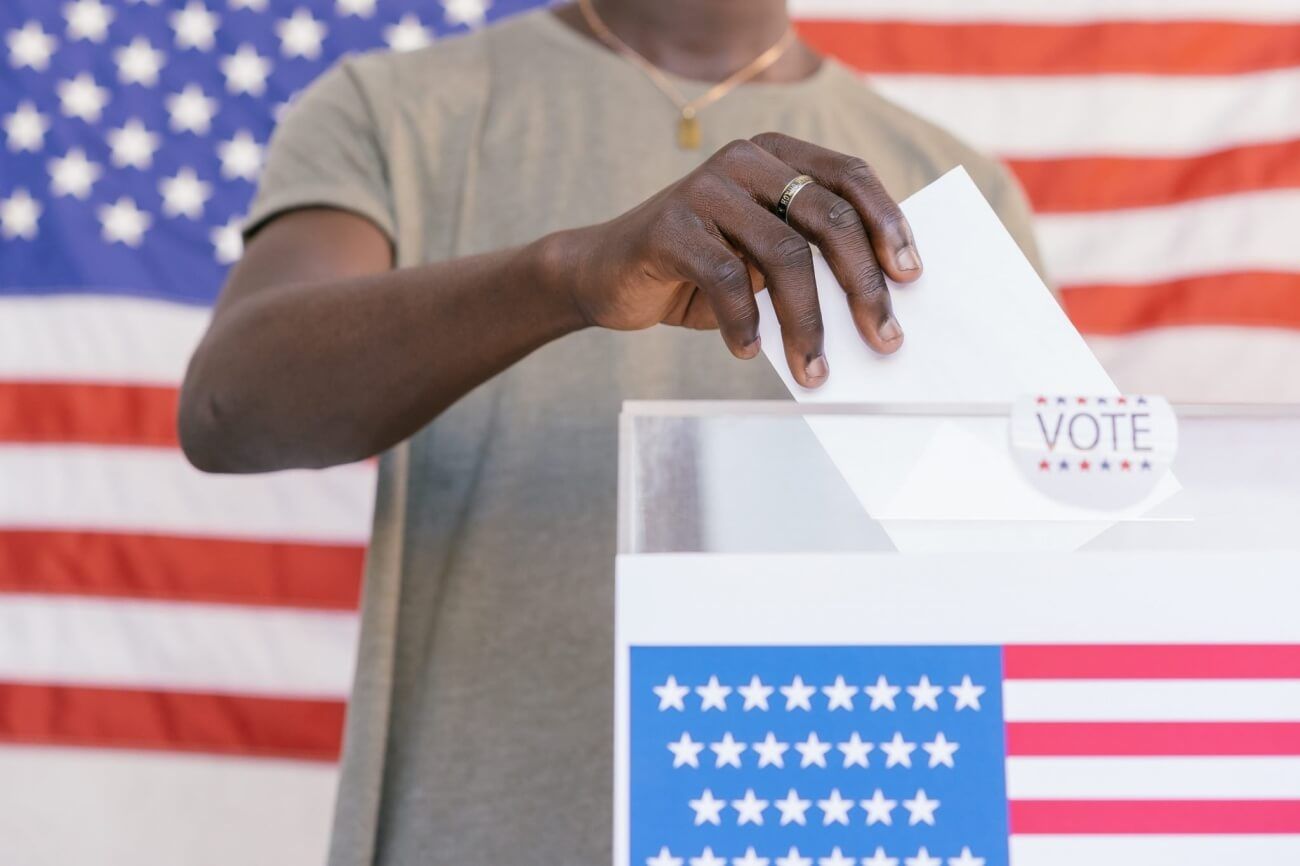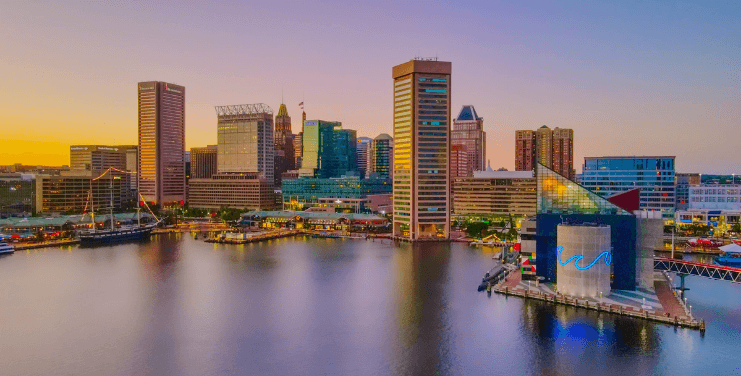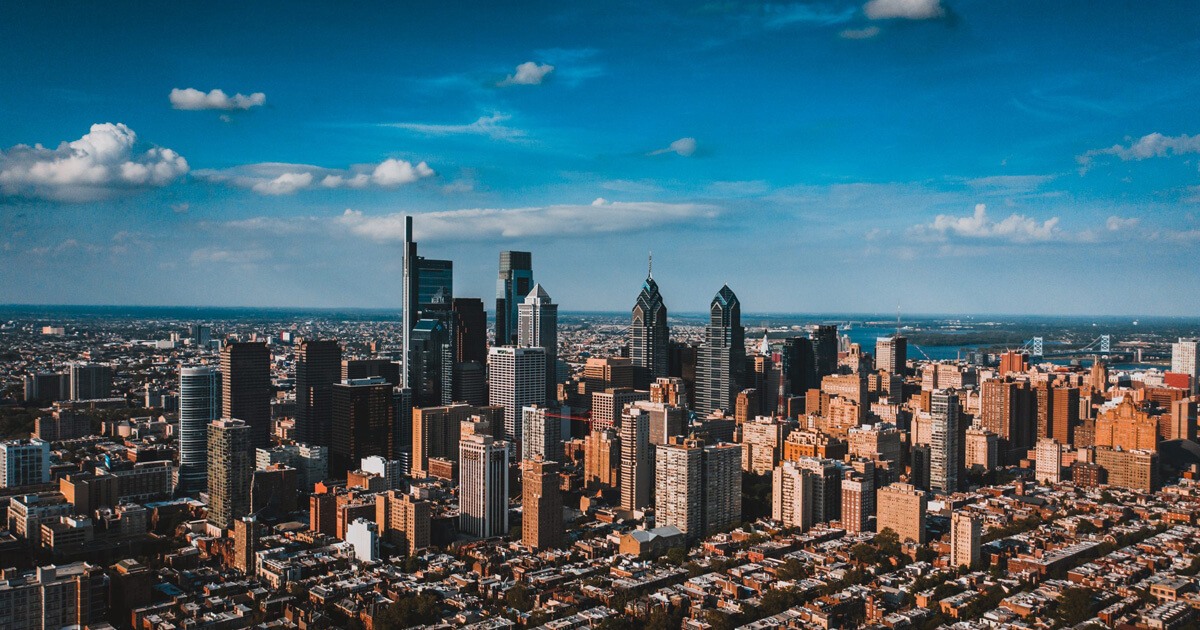On May 25th, 2020, George Floyd was murdered by Minneapolis police officer Derek Chauvin, in a death captured on video by then 17-year-old Darnella Frazier. The video quickly went viral, sparking protests within 24 hours and reigniting a national conversation on police brutality and Black Lives Matter. The deaths of Ahmaud Arbery and Breonna Taylor further highlighted the need for systemic change and soon many police departments and government officials were making promises of real change.
The movement also sparked an outpouring of financial support from corporate and philanthropic entities, many of whom were taking a public stance on ‘Black Lives Matter’ for the first time, entering uncharted territory in their philanthropy.
“Last year was a watershed moment,” Dr. Amara Enyia, Policy and Research Coordinator for the Movement for Black Lives, the umbrella organization for over 150 movement organizations doing racial justice work across the country, told The Plug.
While many companies made big and bold public promises last year, few have followed through, something experts like Enyia say should be expected because these are long-standing issues that companies have ignored, so being able to overhaul everything in a year is not likely to happen.
A study published in March by Creative Investment Research, a consulting firm that studies impact investments, found that American companies had pledged $50 billion toward racial equity in the wake of Floyd’s murder, but only $250 million, or 0.5 percent of those pledges, had actually materialized.
An analysis by The Washington Post found that of the billions committed from these corporations since the murder of George Floyd, 90 percent were allocated in the form of loans or investments those companies will likely profit from.
“This country has always had a sleeping giant and it was awakened by the former President,” Jose Quinonez, Project Director for Partners for Rural Transformation, an organization that aims to eliminate poverty, told The Plug, talking about racism. The combination of the coronavirus pandemic, the murder of George Floyd and the treatment people of color have historically been subjected to in America spurred companies to act in unprecedented ways.
Racism and wealth disparities became more intertwined. As many communities of color were disproportionately affected by the pandemic, the heads of these corporations, many of them already billionaires, saw their wealth grow exponentially since the beginning of the pandemic.
U.S. billionaires’ wealth surged $1.8 trillion during the pandemic, according to the Institute for Policy Studies. Tesla CEO Elon Musk’s net worth increased by over 600 percent to $150 billion. Phil Knight Nike, Steve Ballmer via Microsoft, and Larry Page via Google, all saw their personal wealth expand by over 50 percent.
JUST Capital, an organization that measures and ranks companies on how fair and equitable their work environments are, launched a corporate racial equity tracker that collects data on anti-discrimination policies, pay equity, diversity data, community investments and others, to measure if companies are actually walking the walk.
In 2020, less than 40 percent of companies were transparent about the gender and racial makeup of their workforce, and just one company, Intel, had published demographic data publicly, according to a report by JUST capital. The tracker also found that just 26 of the 100 largest U.S. companies disclose supplier diversity, local sourcing, and school funding.
“For corporate America, upholding commitments to racial equity will require building relationships with communities that allow for continued listening, learning, and action,” the Just Capital report stated. The Washington Post analysis also revealed few organizations outside of JUST Capital are tracking corporate promises and corporations aren’t required to report on where all their investments are going or the impact it is having.
Giving from foundations increased 17 percent in 2020, an estimated $88.55 billion, reaching its highest-ever dollar amount, according to a report on philanthropy published by Giving USA. Less than a month after Floyd’s murder, eight endowed foundations, including the Ford Foundation, W.K. Kellogg Foundation and Andrew W. Mellon Foundation, announced a joint commitment to increase their giving by $1.725 billion over two years, though not all in grants.
A 2020 survey of foundations conducted by the Center for Effective Philanthropy also found that 75 percent of foundations surveyed were making new efforts to support Black organizations and more than 80 percent affirmed the role that philanthropy must play in advancing systems change through funding advocacy and organizing efforts.
Impact in the South
In 2019, 56 percent of the Black population in the United States lived in the South, while the Midwest and Northeast had 17 percent of the population respectively, and the West had 10 percent, according to Pew Research Center. In the South where there was a higher Black population, there were higher rates of poverty.
The South, according to the U.S. Census Bureau, is defined as Texas, Oklahoma, Arkansas, Louisiana, Mississippi, Alabama, Tennessee, Kentucky, West Virginia, Maryland, the District of Columbia, Delaware, Virginia, North Carolina, South Carolina, Georgia, and Florida, and is home to the some of the country’s lowest wages.
Eight of the ten states with the lowest household income and five of the ten states with the greatest levels of economic inequality are located in the South, according to a Grantmakers for Southern Progress report.
The South is also home to some of the most underfunded organizations. The National Committee for Responsive Philanthropy (NCRP) found that between 2011-2015, foundations invested just 56 cents per person in the South for every dollar-per-person invested elsewhere.
States like Oklahoma and Kentucky saw less than one percent of structural change funds go toward Black communities, according to a subsequent report from NCRP.
“We’ve heard in the past that foundation staff don’t want to travel more than one layover away from where they are based,” Stephanie Peng, Senior Associate for Movement Research at NCRP, told The Plug
While traveling to rural areas can be seen as an inconvenience for many foundation staff, Peng says it is important to meet organizers where they are, not just once on a grantee trip but over a sustained period.
With most large endowed foundations concentrated in large coastal cities like New York City or Los Angeles, it can be difficult for Southern organizations to rise above the fray for funding.A 2018 study from The Chronicle of Philanthropy found that, of the 20 largest foundations in the country, 52 percent of trustees lived in California or the Northeast, and a whopping 28 percent lived in the New York area.
“Southern states have been neglected by philanthropy, with just 3 percent of its national expenditure going to the region,” Faith Mitchell, Institute Fellow at the Center on Nonprofits and Philanthropy at the Urban Institute, told The Plug.
In the wake of the racial upheaval, some entities understood the importance of investing in the South. Earlier this year, the Ford Foundation announced a $75 million commitment to advocacy organizations across the U.S. South.
“We see the South specifically as an area of great opportunity for change. It is a rapidly diversifying seedbed for innovative advocacy that has national implications,” Maria Torres-Springer, Vice President of US Programs at the Ford Foundation, said in a statement.
Alongside this increased investment, the foundation is also collaborating with regional grantmakers with strong ties to Southern organizers like Way to Rise and the Southern Power Fund. “These are essential partners who’ve helped us get funds to grassroots leaders who are making a difference in real-time,” Torres-Springer said.
Fay Twersky, who oversees the family foundation founded by Home Depot co-founder Arthur Blank, said in a statement the Blank Family Foundation will “significantly accelerate our philanthropic giving over the next decade, and much of the work will continue to prioritize George, with a focus on Atlanta.”
The organization said they are hopeful they can address the polarization seen across the country by investing in Atlanta with innovative solutions that promote a sense of shared purpose and humanity.
Other organizations have started to see these investments materialize.
“Several foundations are starting to put capital to the region and what it is doing from a movement perspective is allowing groups to stabilize and formalize groups that existed but not on paper,” Erica Smiley, Executive Director of Jobs with Justice, told The Plug.
While some endowed foundations like Ford have been transparent with where their funding has gone, most have not.
A PolicyLink-Bridgespan Group study analyzing the state of funding for racial equity work found that 94 percent of donors had not yet provided data on their giving for the year, making it hard to actually know whether money is being dispatched or who might be getting it, according to the report.
This finding comes just one year after a joint report between Bridgespan and Echoing Green found Black-led organizations have 24 percent less revenue than their white-led counterparts, and that the assets of Black-led organizations were 76 percent smaller, the report highlights that the disparity comes from a lack of trust.
Willa Seldon, co-author of the Bridgespan and PolicyLink report told The Plug, that “for philanthropy to hold itself accountable to making progress towards an equitable nation, we need funders to share how much of their funding is going to racial equity work.”
Grassroots organizers in the South are experts on the issues that impact their own communities—issues they have tried to shine a light upon generation after generation. If America is to truly have a racial reckoning, the South must receive the investments and attention it has not.








